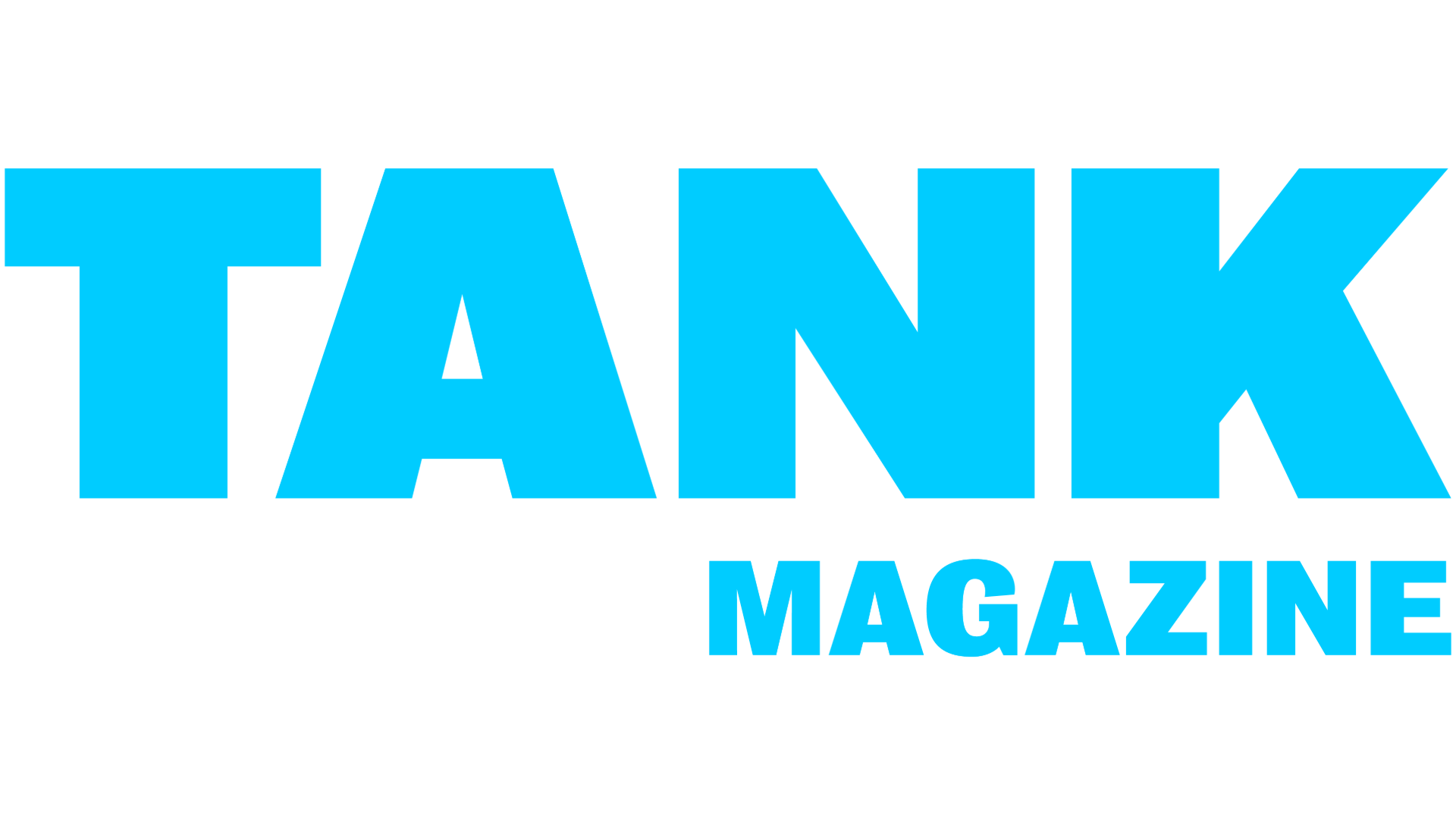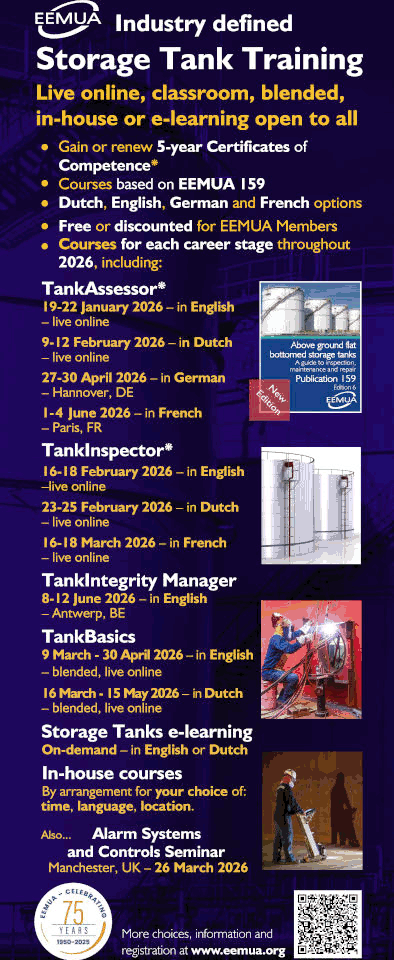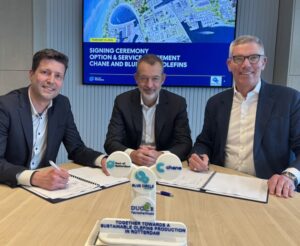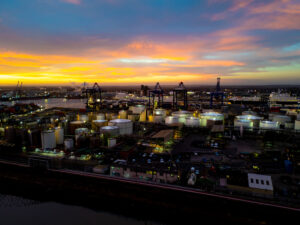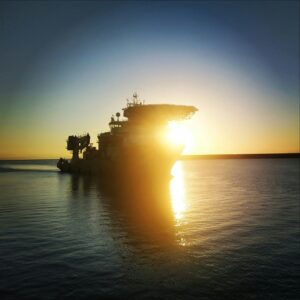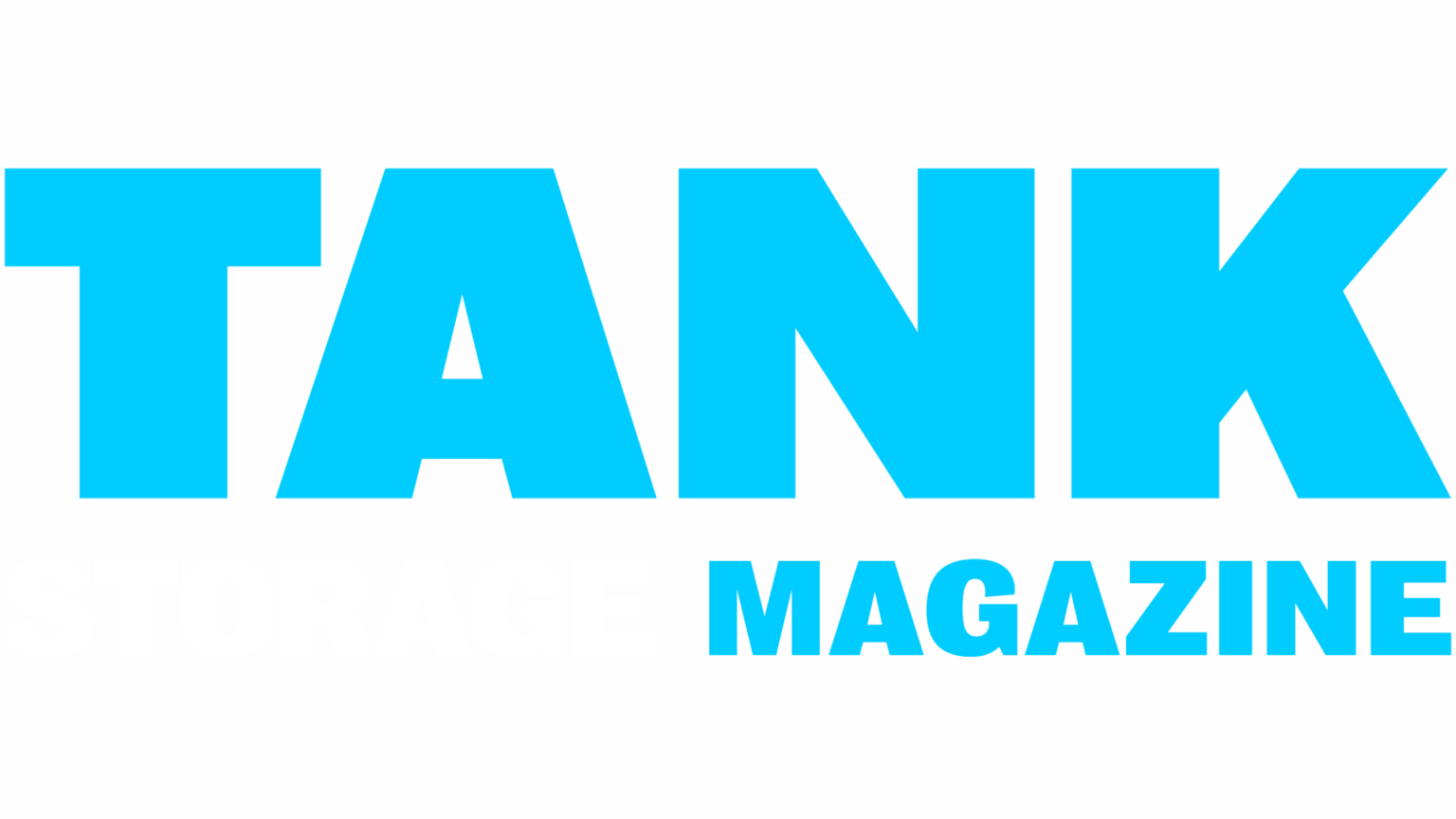During North Rhine-Westphalia’s Minister-President Hendrik Wüst’s visit to Rotterdam this week, the CEOs of the ports of Rotterdam and Duisburg signed a new Letter of Intent to further deepen their collaboration.
In this agreement, Europe’s largest seaport and the world’s largest inland port commit to closer cooperation, particularly with regard to the energy transition. The focus lies on establishing sustainable supply chains for hydrogen and transport corridors for CO₂ storage beneath the North Sea. ‘The fact that the two ports are intensifying their cooperation is good news for North Rhine-Westphalia,’ says Minister-President Wüst. ‘The close connection between Rotterdam and Duisburg strengthens the competitiveness of our economy, and especially the resilience of our supply chains.’
Strengthening the Rhine Corridor as a cross-border sustainable logistics axis is also a key focus of the cooperation in the coming years. As Europe’s most important waterway, the Rhine ensures supply security and competitiveness for numerous companies along the entire value chain.
‘We face major challenges that we can tackle much faster, more efficiently, and more intelligently together,’ says Duisport CEO Markus Bangen.
‘Inland shipping plays a crucial role in transporting sustainable energy carriers. The waterway needs a strong lobby, and we are pleased that Minister-President Wüst is sending a clear signal with his visit to Rotterdam,’ adds Boudewijn Siemons for the port of Rotterdam.
